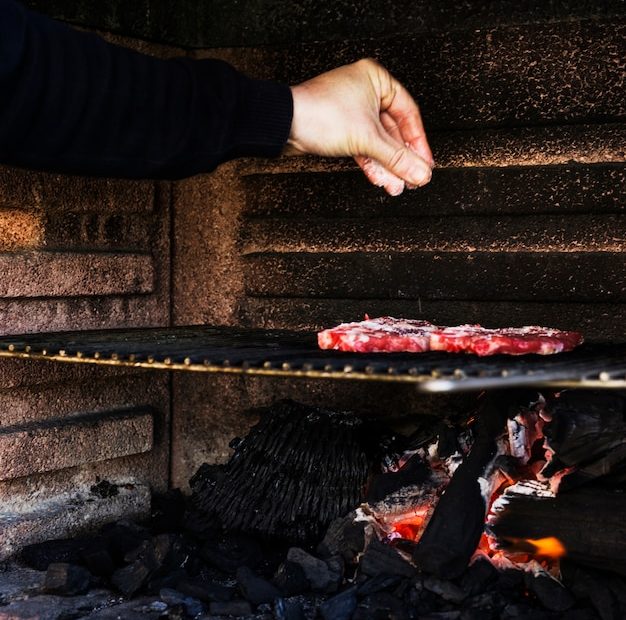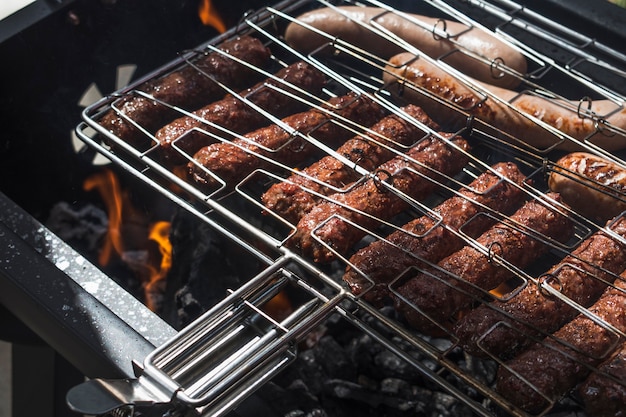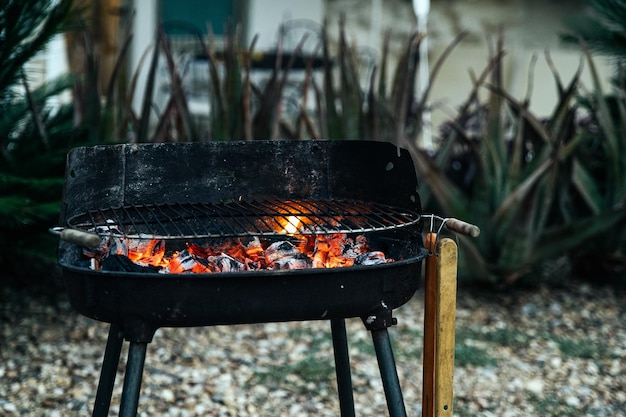Can BBQ Charcoal be Used for Plants?
Introduction
When it comes to gardening and nurturing plants, the type and quality of soil play a crucial role in their overall health and development. Many gardeners are often curious about using alternative substances, such as BBQ charcoal, to improve their soil. Charcoal is known for its ability to retain moisture, amend soil pH, and promote plant growth. However, it is essential to consider certain factors when deciding whether to use BBQ charcoal for plants.
Understanding BBQ Charcoal
BBQ charcoal is typically made from wood, which undergoes a process called pyrolysis. This process involves burning wood in the absence of oxygen, resulting in the production of charcoal. The high temperatures used during pyrolysis drive out volatile compounds, leaving behind carbon-rich charcoal. BBQ charcoal is specifically designed for barbecuing purposes due to its ability to burn at a consistent temperature for extended periods.
Pros and Cons of Using BBQ Charcoal for Plants
The Advantages:
Using BBQ charcoal in your garden can offer several benefits:
- Moisture Retention: One of the significant advantages of incorporating BBQ charcoal into the soil is its ability to retain moisture. Charcoal has excellent water-holding capabilities, ensuring that plants receive adequate hydration even during dry spells.
- Improvement of Soil Structure: BBQ charcoal can enhance soil structure by increasing porosity and improving aeration. This allows the roots to access sufficient oxygen, promoting better nutrient absorption.
- Neutralizes Soil Acidity: If your soil tends to be acidic, BBQ charcoal can help neutralize the pH level. Neutral or slightly acidic soil provides an optimal environment for most plants to grow.
The Disadvantages:
While there are potential benefits, it is important to be aware of the drawbacks as well:
- High Carbon Content: BBQ charcoal has a high carbon content, which can cause nitrogen depletion in the soil. This occurs when the carbon in the charcoal absorbs the available nitrogen, making it less accessible to plants.
- Lack of Nutrients: Unlike other organic materials commonly used as soil amendments, such as compost or manure, BBQ charcoal does not provide significant nutrient content. Therefore, additional fertilization may be necessary for optimal plant growth.
Using BBQ Charcoal Effectively
To reap the potential benefits of using BBQ charcoal in your garden while minimizing the disadvantages, consider the following tips:
- Mix Charcoal with Other Amendments: Blend the BBQ charcoal with other soil amendments, such as compost or organic matter, to create a well-balanced, nutrient-rich soil mixture. This combination will help compensate for the lack of nutrients in the charcoal and provide a more favorable environment for plant growth.
- Limit the Amount of Charcoal: Avoid using excessive amounts of BBQ charcoal in your soil. A small quantity mixed with other organic materials should be sufficient to achieve the desired benefits without causing nutrient imbalances.
- Choose the Right Charcoal: Select high-quality, additive-free charcoal for gardening purposes. Avoid using charcoal briquettes that contain chemical additives or lighter fluid, as these can harm plant roots and soil health.
Expert Opinion
To gain insights from horticulture experts, we reached out to Dr. Emily Greenfield, a renowned botanist and gardening specialist. According to Dr. Greenfield:
“Using BBQ charcoal in your garden can be beneficial if approached with caution. It is important to remember that charcoal alone does not provide the necessary nutrients for plants to thrive. However, when used in moderation and combined with other organic amendments, it can improve soil structure and moisture retention.”
Conclusion
In conclusion, BBQ charcoal can be utilized effectively in gardening to enhance soil properties. Its ability to retain moisture and amend soil pH can benefit plants, but it should be used in conjunction with other organic matter to address its lack of nutrients. By blending charcoal with compost or other soil amendments, gardeners can create an environment conducive to plant growth. Remember to exercise caution when using BBQ charcoal and seek guidance from gardening experts to ensure optimal results in your garden.


